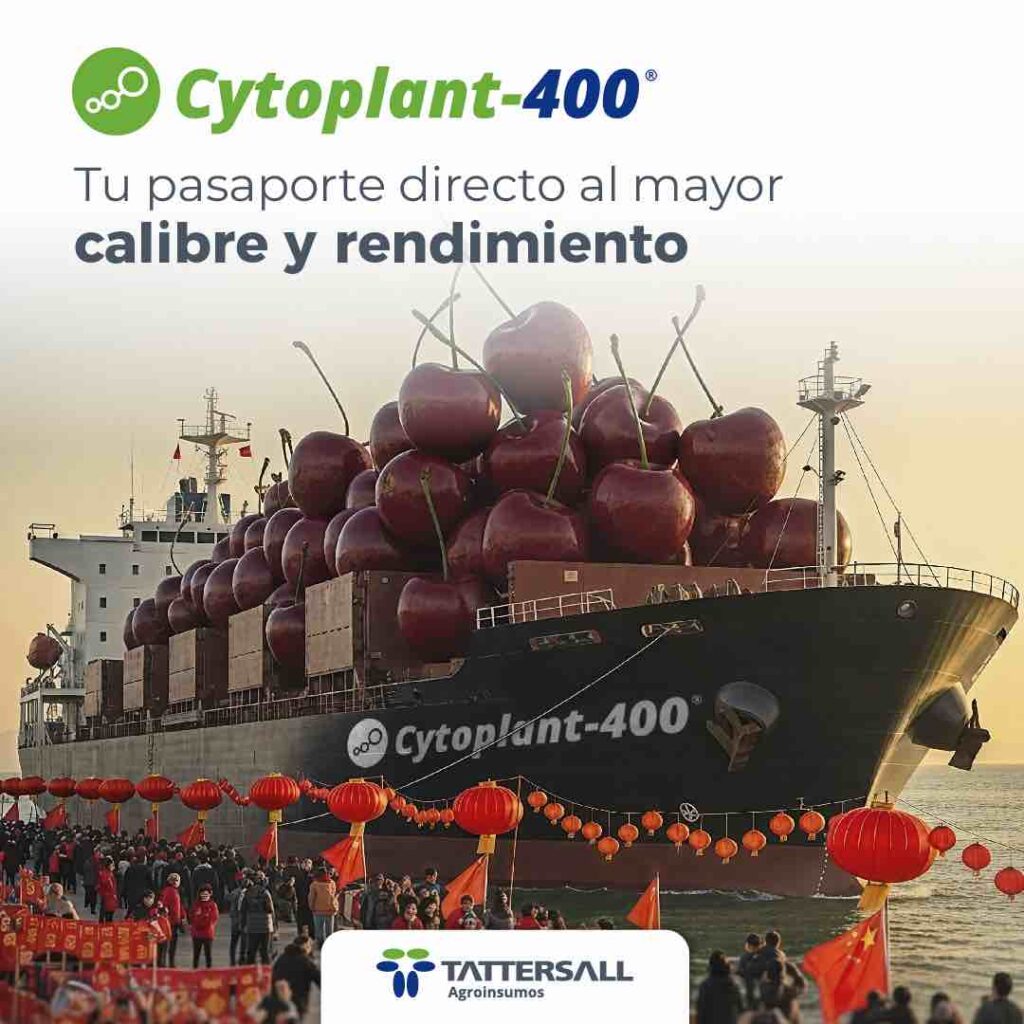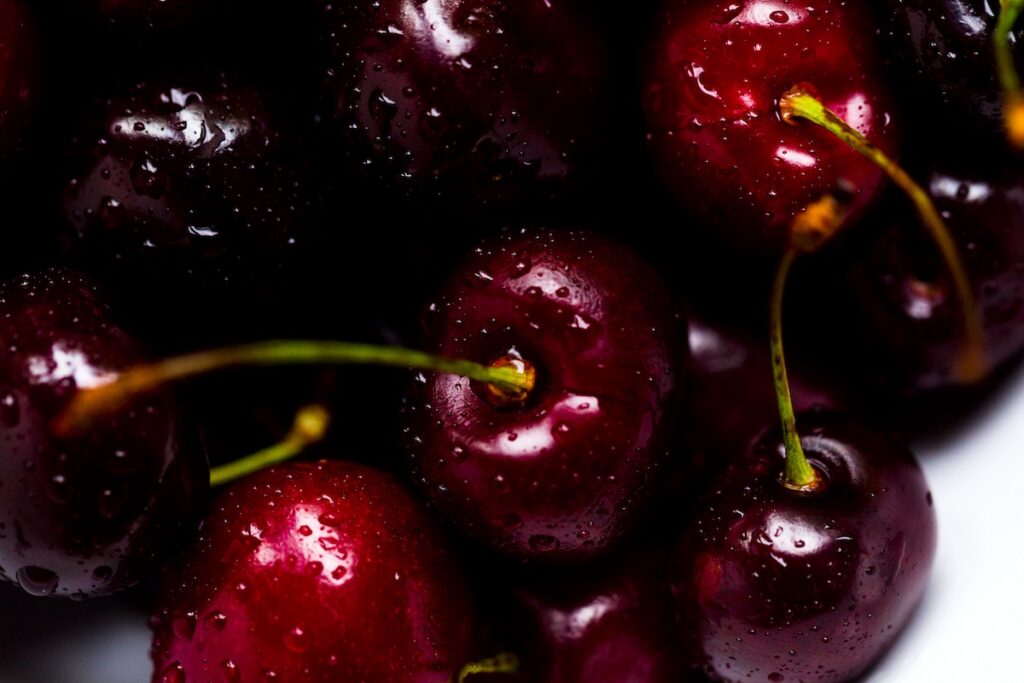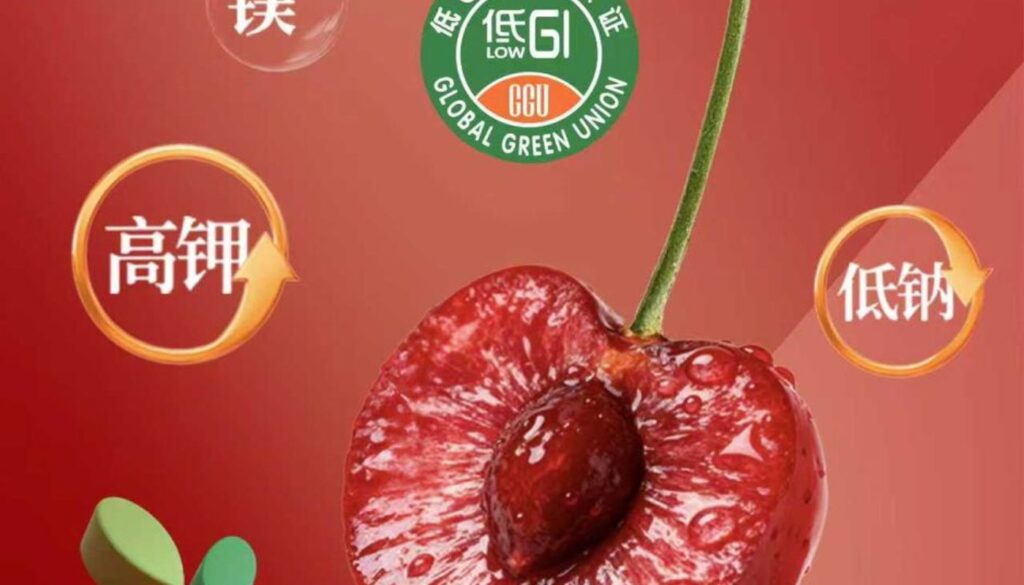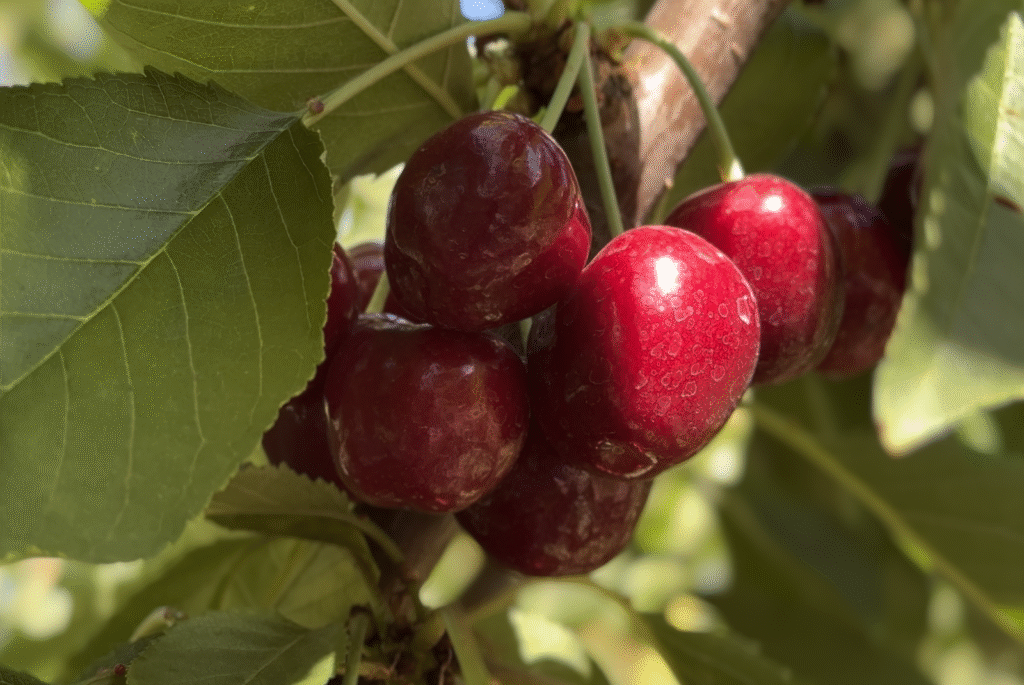There are hundreds of corporate, national and global targets and guidelines to limit global warming to 1.5°C and so far we have collectively failed to act in time, which means we must achieve increasingly drastic and demanding reductions in our emissions to have a chance. There are several agricultural companies making efforts to measure, plan and reduce their greenhouse gas emissions, but there are many other agricultural companies that are just beginning the conversation about how to do it; how to align with market demand, but without over-changing their operational logistics. Which makes us wonder: What is driving this resistance to changing our production system to a completely sustainable one?
In this reflection, the phrase “Change happens when the pain of staying the same becomes greater than the pain of change” comes to mind, and I think it is an emotion that we are experiencing now, the pain of climate catastrophes that cause tremendous damage to our crops; the frustration, disappointment and anger of witnessing the damage caused by this Friday rain on cherries ready to be harvested.
I believe that these emotions can encourage us not to remain in the status quo, but to be active agents and cooperate in reducing greenhouse gases. Moreover, being part of the forestry and agricultural world, the challenge is much greater, because agricultural companies can not only reduce their emissions, but they also have the opportunity to capture carbon from the atmosphere, contributing significantly to the solution to global warming.
Returning to the question, I identify that one of the main factors that generates resistance to change and thus to getting out of our comfort zone, has to do with uncertainty, with that lack of certainty about the new, which according to my perception has to do with the lack of information, both internal and external.
When I refer to the lack of self-information, I am referring to self-knowledge; identifying our virtues and defects, how we relate to others, taking advantage of our skills and determining our goals. The same occurs at the business level, we have to measure ourselves to know our base numbers, plan by identifying our goals, know the impact we generate in our community and evaluate the fulfillment of our commitments. Acting in this sustainable logic motivates us to a constant improvement in our productive system, it is a path to follow, we commit ourselves over time to implement our goals, constantly evaluate them and generate more demanding ones.
Regarding the lack of external information, I want to say that resistance to change is given by the security that we get from knowing what is outside our comfort zone. And I think this point should be the springboard for all companies to choose to be sustainable, because there are several studies that show that by implementing sustainable practices we obtain more profitability, because the same productivity is achieved but with higher quality fruit, for example in a Santina variety cherry orchard in the fifth year using compost from the plantation, a 61% of caliber equal to or greater than super jumbo was obtained versus a 32% with conventional management. In addition, with sustainable practices a decrease in costs is achieved (for example, by carrying out more efficient phytosanitary applications), even studies show that crops become more resilient to these increasingly common extreme climates.
The pain that situations such as last Friday's rain caused by global warming cause us is an intense pain that drives us to break our resistance to change and commit to sustainable production. Nature, which expresses itself in these climate disasters, is forcing us to leave our comfort zone.








